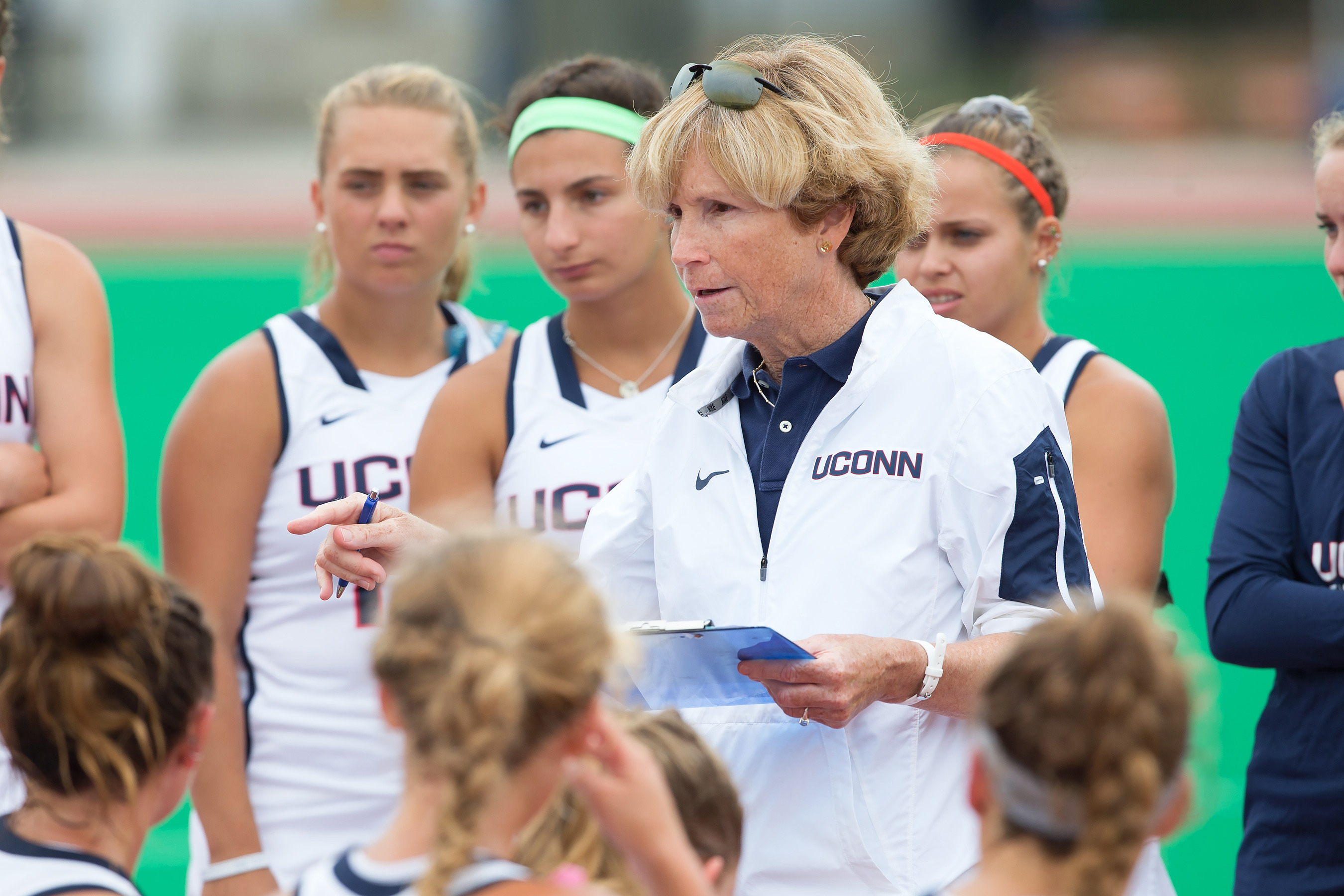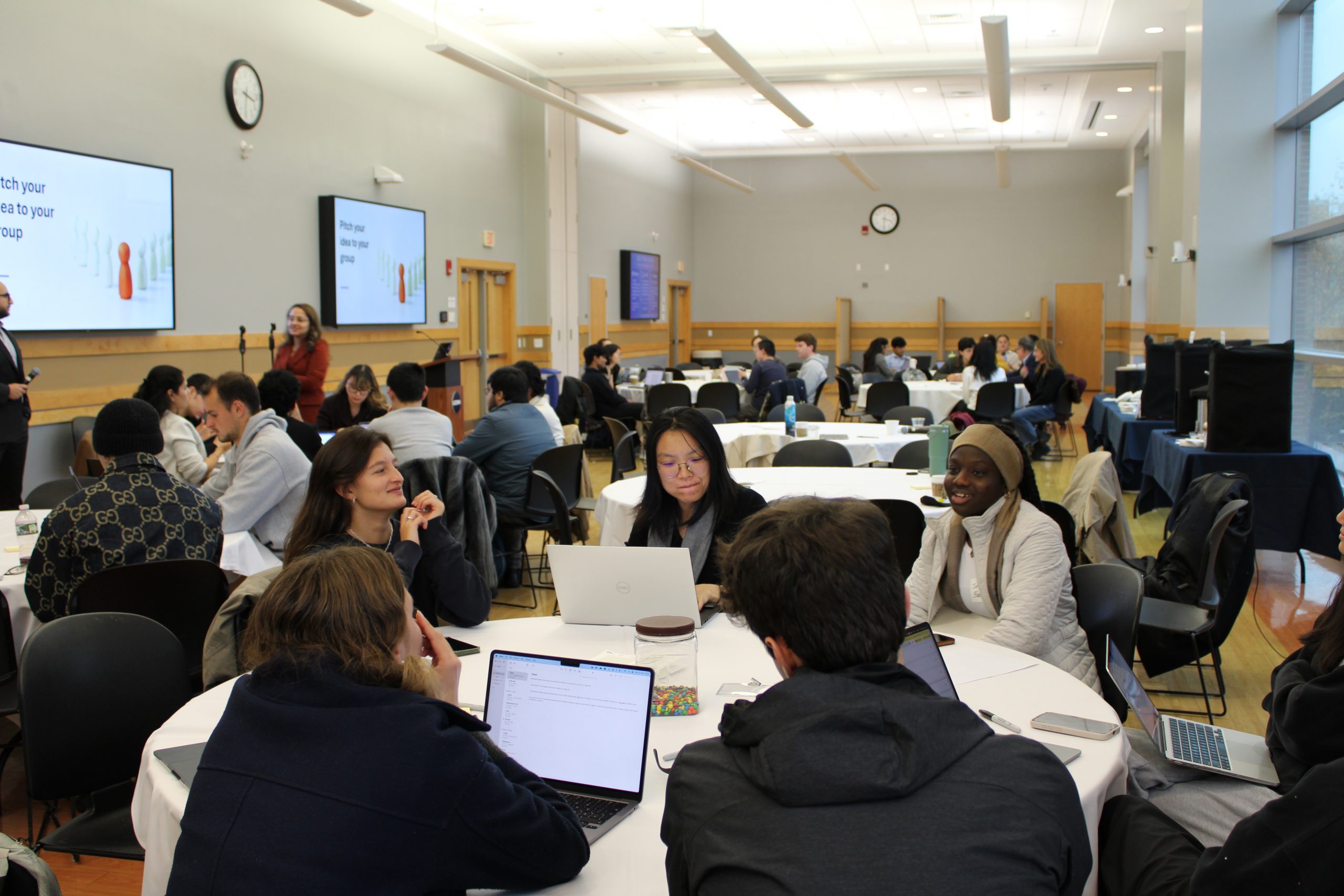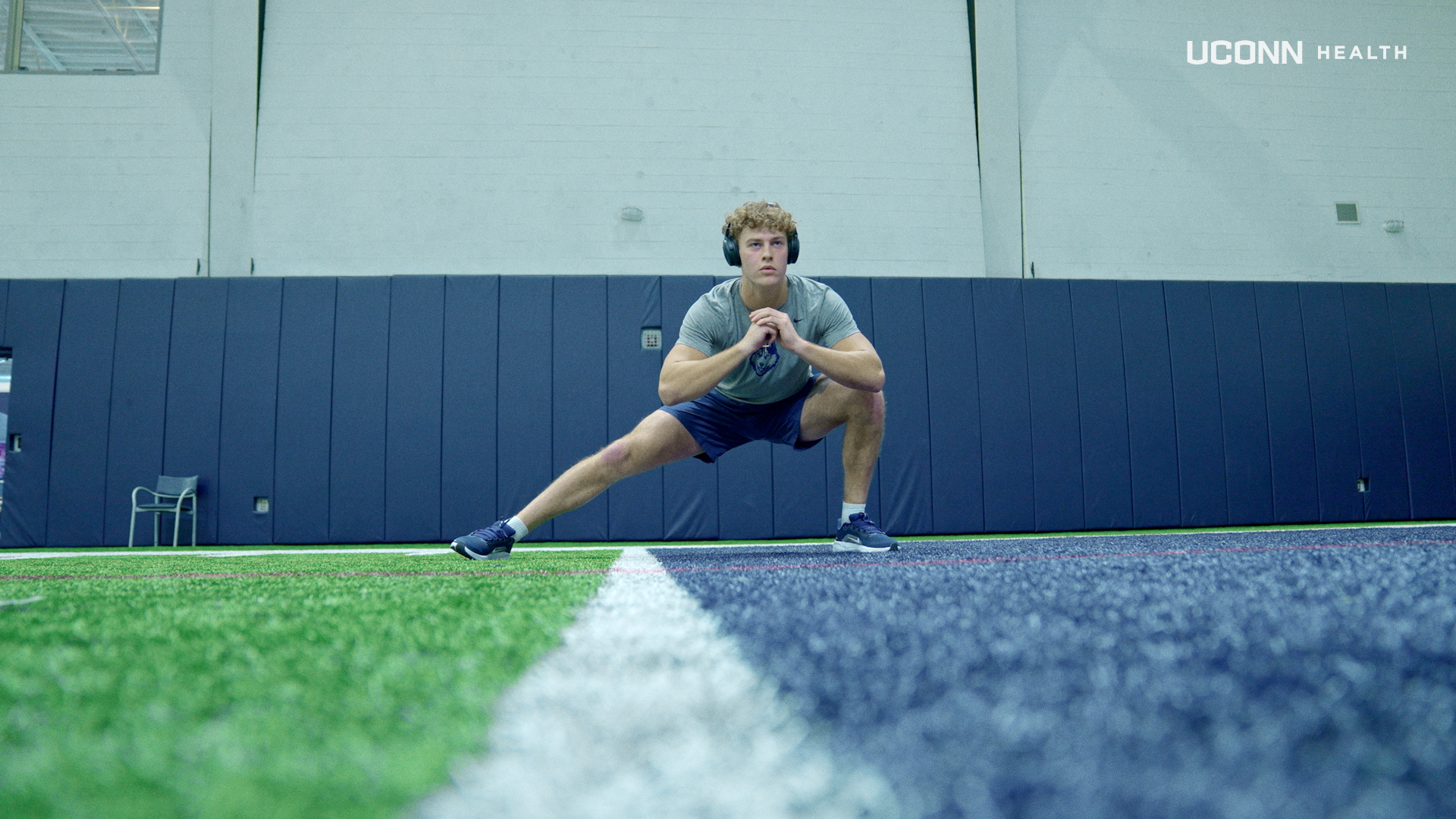Had Nancy Stevens been born 10 years earlier, she would not have had the chance to win the 1975 national championship as a member of the West Chester University field hockey team – or even the opportunity to compete in a national championship game.
If not for a coincidence of timing, Stevens would not have been inducted into the USA Field Hockey Hall of Fame this past November as a member of the team that won the first-ever women’s field hockey championship contest. Timing was everything in Stevens’ playing career.
When Title IX was passed in June 1972, the federal civil rights law – which mandated that male and female athletes should receive equivalent treatment, benefits, and opportunities – revolutionized athletic participation for women. One of the college sports that was a primary beneficiary of the new law was field hockey. Prior to Title IX, in 1971 only 1 percent of athletic budgets went to female sports on the college level.
“I really think it was a convergence of factors [that led to my opportunities in athletics]. West Chester at the time was a leader in women’s athletics,” says Stevens, who was captain of the field hockey team in 1975, her senior year. “The convergence occurred in 1972, when Title IX passed and schools were encouraged to fund and support women’s athletics.
“It was that era when women’s teams began to play for national championships,” she adds, “and I was fortunate to play in that era. The timing was critically important.”
Now the head coach at UConn, all-time wins leader in the sport (639), and a member of the National Field Hockey Coaches Association Hall of Fame since 2007, Stevens recently had the chance to reconnect with her former coach and teammates during Final Four weekend in Norfolk, Va. to celebrate their induction into the USA Field Hockey Hall of Fame.
“That’s the best part, to reconnect with former teammates,” says Stevens. “It’s interesting that people reassume their roles – the jokester was still the jokester. The energy and chemistry is the same, but the best part was for us to spend time with our coach – Vonnie Gros.”
Gros coached the West Chester team to a further three consecutive national championships after winning the trophy in 1975, and went on to serve as the U.S. field hockey coach in the 1984 Olympics in Los Angeles. There, she led the team to a bronze medal – its best finish in program history.
“Coach [Gros] is a very special person in field hockey history in this country, so any chance we get to see her and spend time with her is really special for us,” says Stevens.
Stevens was one of three team captains in her senior season in 1975, leading West Chester to a 15-0-3 season and the first of the team’s four-straight national titles. She says the standards were high, and with that came added responsibility.
“We expected to win every game, and there is a responsibility that goes with that,” says Stevens. “I try to continue those same standards that my coach instilled in us with this UConn program.”
It was 42 years ago that West Chester played Ursinus in the AIAW championship game, which went to overtime and required a clutch play by Stevens to seal the victory.
“The game went to penalty strokes and I took the first penalty stroke for my team,” Stevens says. “I was able to convert it, so that’s a memory I have always had.”
This all came at a time when West Chester University was at the forefront of women’s collegiate athletics. Both swimming and women’s basketball had won national championships between the late 1960s and mid-1970s.
Stevens was a multi-sport athlete, playing four years of field hockey and four years of lacrosse. The West Chester lacrosse team lost just one game during her four seasons of participation.
In addition, she played three years of intercollegiate badminton and ranked ninth nationally in doubles; she also ran indoor track during her senior year.
Since taking the helm at UConn, Stevens has used her playing experience to influence her coaching career – which has led the Huskies to 32 Big East titles, 12 NCAA semifinal appearances, and two national championships (2013, 2014).
“To feel you were a pioneer for the sport and at your school, after winning the first national championship, and to know your program won the next three, there was a standard of excellence,” says Stevens. “That was instilled in me, and so coming here to Connecticut, we are trying to win national championships every year.”
Coaching in five different decades, Stevens has seen the sport evolve and change over the years – everything from equipment to tactical play. Had it not been for that 1975 West Chester team however, and some good timing, things might have been different.
“To be inducted into your sport’s hall of fame is special, and to be inducted with your teammates makes it more special,” she says. “To me, if you’re getting inducted, that’s the way to do it: with your teammates and coach.”



